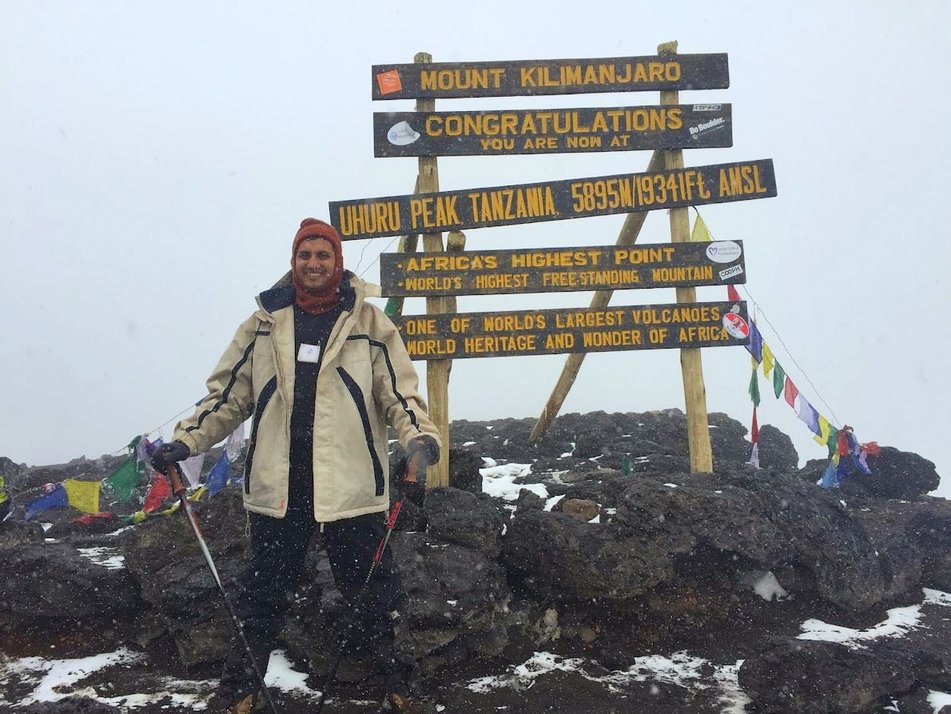
Roughly halfway through our interview, Mitesh Choksi decided to show me the ocean. This isn’t out of character for him. Mitesh is immune to the hustle and bustle of the twenty-first century. He starts his day with a walk on the beach. He spends his weekends away from the city, woodworking with his cousin. He takes on projects—personal and otherwise—that span months and require immense care and precision. Mitesh Choksi likes to take things slow.
Mitesh comes from a long line of goldsmiths. His grandfather’s uncle moved to Tanzania about a century ago, back when the trip used to take a month at sea. The family has been there ever since. They live and work in Tanzania, but send their children to India for their schooling. By the time Mitesh had returned to Tanzania, he was not a fan of computers. “I remember learning BASIC in school and finding it stupid. Why should I spend my precious time teaching it that 2 + 2 = 4 when I could compute it in my head? I didn’t see the point. But the summer after I finished high school, my sister dropped off some diskettes with games in them at our house in Tanzania. I popped them in my cousin’s computer while he was away and it immediately crashed.
I barely knew how computers worked back then, let alone what a virus was. But this was the computer my cousin used for work, so I was desperate to fix it before he came back. I picked up a book on Microsoft DOS and installed it again and again and again, but it never worked. It just kept crashing. It took me a few days but I eventually figured it out. This was thankfully back when viruses were simple, so all I had to do was edit the hex file and it went back to normal. I think this episode is what sparked my interest in computers.”
Mitesh went on to get his diploma in Computer Science, followed by his bachelor’s. He was spending the summer after college in Europe, visiting his sister in the UK, helping his cousin sell Indian clothes in Portugal, when one fateful day, his nephew took him to an internet cafe. “This was in the ‘90s, before the internet was even a thing in Tanzania. I couldn’t understand why people were staring at their computer screens and laughing. But then I found IRC and Netscape, sent my sister my first email on Yahoo. This was back when browsers didn’t even need a search function because so few websites existed. They opened up like a catalogue—all you had to do was pick a category and then a sub-category, and all the websites under it would appear.
Computers were prohibitively expensive back then, about $5000 dollars apiece. Next to no one had access to them, especially where I came from. So when I got back home, I decided to start an internet cafe.”
But it took a while for his dream to come into fruition. The internet was only introduced to Tanzania in the mid ‘90s, and it took another year for it to become commercially available. But when it did, Mitesh and his cousins bought some computers and set up an internet cafe in a room in their family jewellery store. Word quickly spread about the place and soon it was populated by people browsing the web, downloading music illegally, chatting on IRC. “Someone even started to operate a bank from there.”
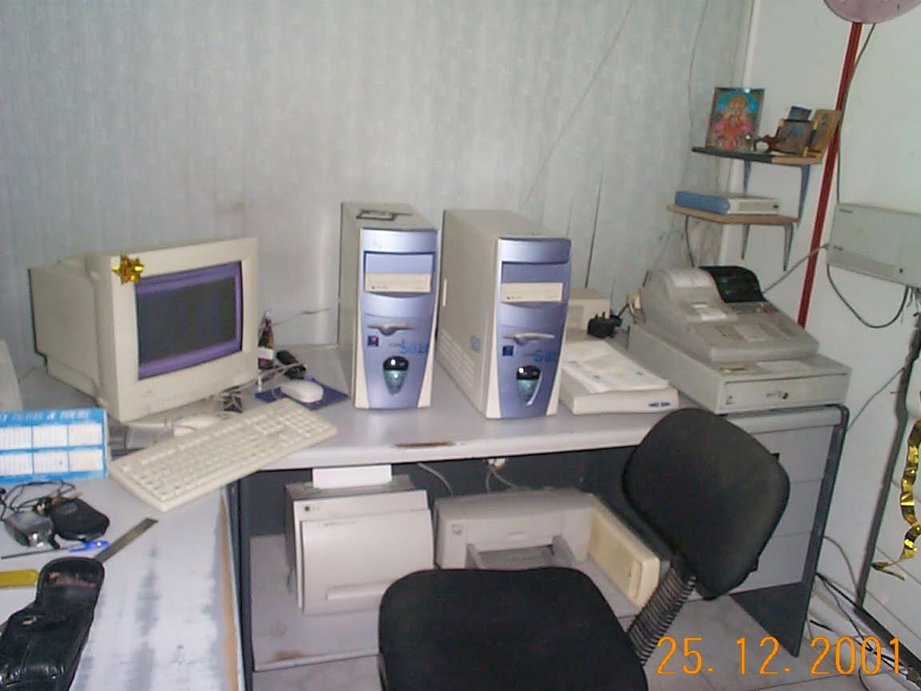
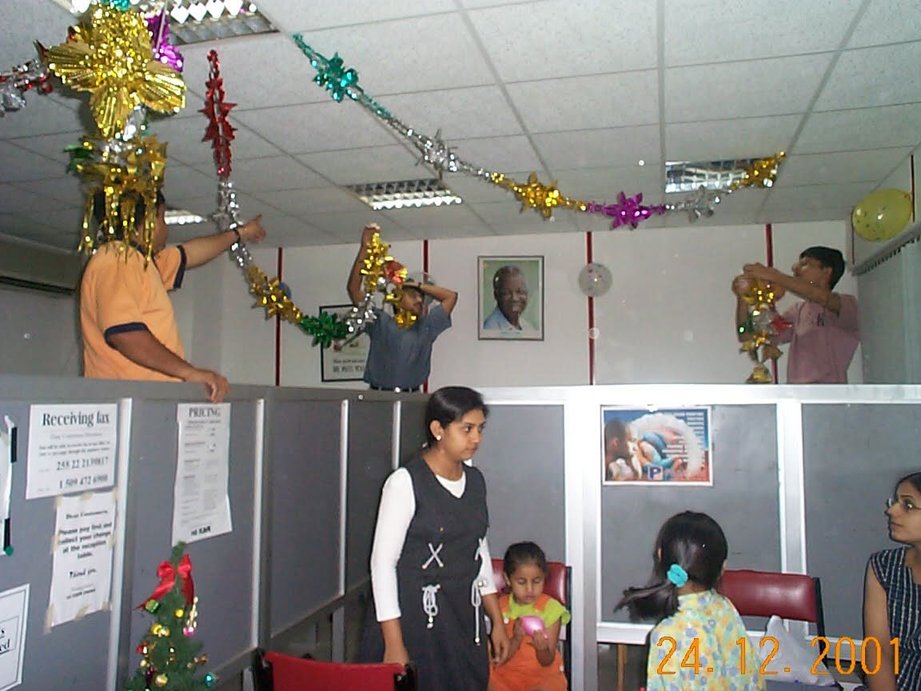
It wasn’t all smooth sailing though. Power cuts were frequent and long, often lasting up to 18 hours a day. They hampered business, corrupted computers and eventually caused a majority of the internet cafes in the region to shut down. “The people were always so understanding though. You tell them the power was out for the day and they’d say, ‘No problem, I’ll come back tomorrow.’ So we found a way to make it work. We created backups of everything, downloaded and kept a repository of all the popular songs, made sure the computers were in tip-top shape. We only had 32 kbps internet at the time, but we still made it work for 21 years before the internet became so widely available that internet cafes became obsolete.”
The cafe shut down in 2017. Mitesh also had a full-time job as a System Integrator at Soft-Tech Consultants—where he incidentally set up one of the first internet servers in the country—for about 24 years. In 2018, Mitesh’s friend from college, also named Mitesh, came across ERPNext and wanted to set up a business implementing the ERP system for businesses in Africa. Soon after, Mitesh left his job at Soft-Tech and started building Aakvatech with his friend in the subsequent year.. “I’d seen how much ERP systems help businesses and I wanted to bring that to the businesses here. People assume that just because an open source alternative costs less, it’s not as good as their exorbitantly priced proprietary counterparts, and I wanted to help them shed that belief. So we joined the Frappe Partner program in our very first year and now we’re doing just that.
The first few years were pretty tough though. Our team was small, the hours were long. I’d get to work early, leave late, and I’d still have to take my work home with me. I don’t know how I could have made it through those years without the support of my family. But it paid off. The kind of growth we’ve had over the last few years is immense. We even won the Best Partner award at the ERPNext Conference last year.”
Aakvatech also builds apps to better serve businesses in Tanzania. They’ve built CSF TZ, which provides country-specific customizations for Tanzania, HMS TZ, which does the same for healthcare, and PropMS, which helps businesses manage their property. “We also have a network of partners that help bring ERPNext to other parts of Africa. We’ve got a great team here at Aakvatech. They’re so self-driven, they’ve helped us achieve so much, especially in the last year. I’m so grateful to them.”
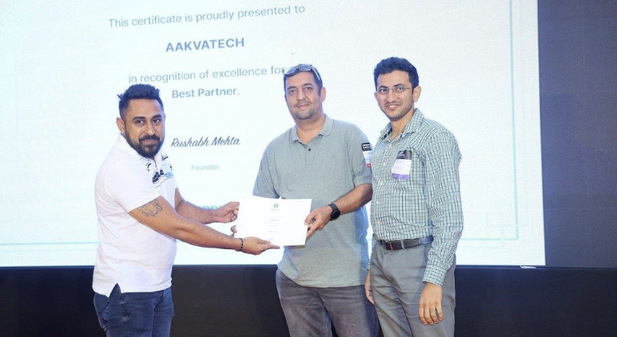
But Mitesh’s greatest challenge to date came knocking on his door seven years ago, when his cousin made a brief stop at his house to refuel. “He said he was training to scale the Kilimanjaro. I couldn’t really understand why he would put himself through that, so I thought I’d join him. We trained for two months. We walked on the beach for hours everyday and climbed 22 flights of stairs over and over again on the days leading up to the trek.
We were a group of 9, all Indians, all people we knew, and a staff of 14. There were guides and medics, cooks and porters. It took us a week to reach the basecamp. We travelled through all kinds of terrain, in all kinds of weather. Through jungles and deserts. Pouring rain and falling snow. I didn’t think I would make it to the top. On the final day, the oxygen fell so low that I started spouting nonsense. On our last day, the snow fell so hard and the climb was so steep that we couldn’t even carry anything but glucose and water. But we made it. We helped each other through it all, and we eventually made it to the top. It took us eight hours of walking to reach the summit. One guy even jogged,” Mitesh says with a laugh.
And how does it feel, to complete one of the hardest treks on earth? “Oh, the confidence it instills is next level. You stop underestimating yourself. You now know that you can scale the tallest mountains if you want to. If you ever feel like you don’t trust your capabilities, this is what you should do. Find the nearest mountain and climb.”
These days, Mitesh spends his weekends woodworking with his cousin. They drive to a spot away from the city, where the internet is poor. His cousin makes intricate designs and Mitesh coaxes them out of the wood. It’s slow, painstaking work, done over several weekends, spanning months. “But it never gets frustrating. Life is a little different on this side of the world. There’s no rush to get things done. I’d grown up in India, where no one had a minute to spare, but the Tanzania I’d spent my youth in was quite the opposite. It’s all different now though. Once the internet enters the picture, it all changes. You get access to all this new information. You learn how people in other parts of the world live their lives. And suddenly you want more. It’s no longer enough to just get food on the table. So you start demanding more. Better quality, better services, better facilities. So we’re no longer the same laidback country. We’re now a country that knows what it can be.”
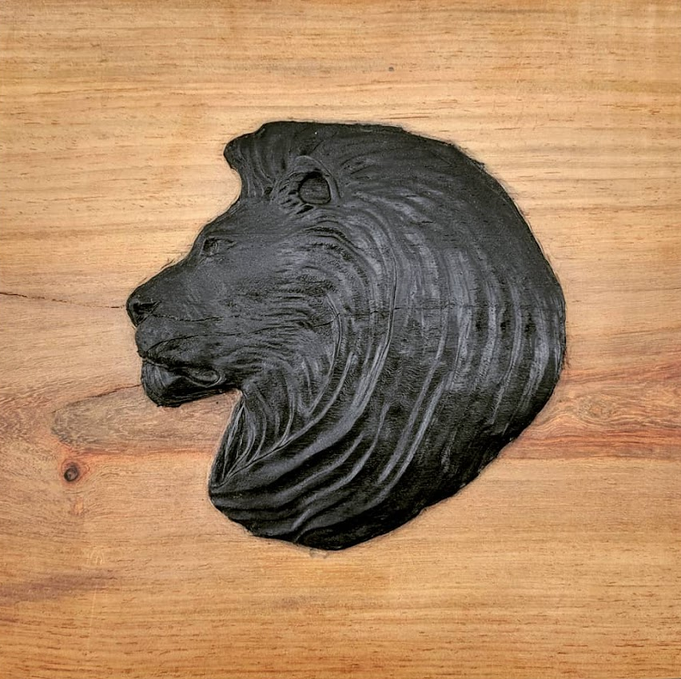

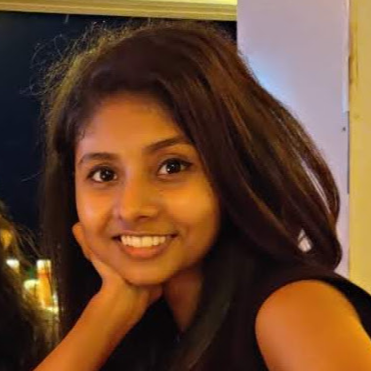


·
Beautiful read, and an insight into an individual I respect and have learned a lot from. Am inspired to trust the process and never give up.